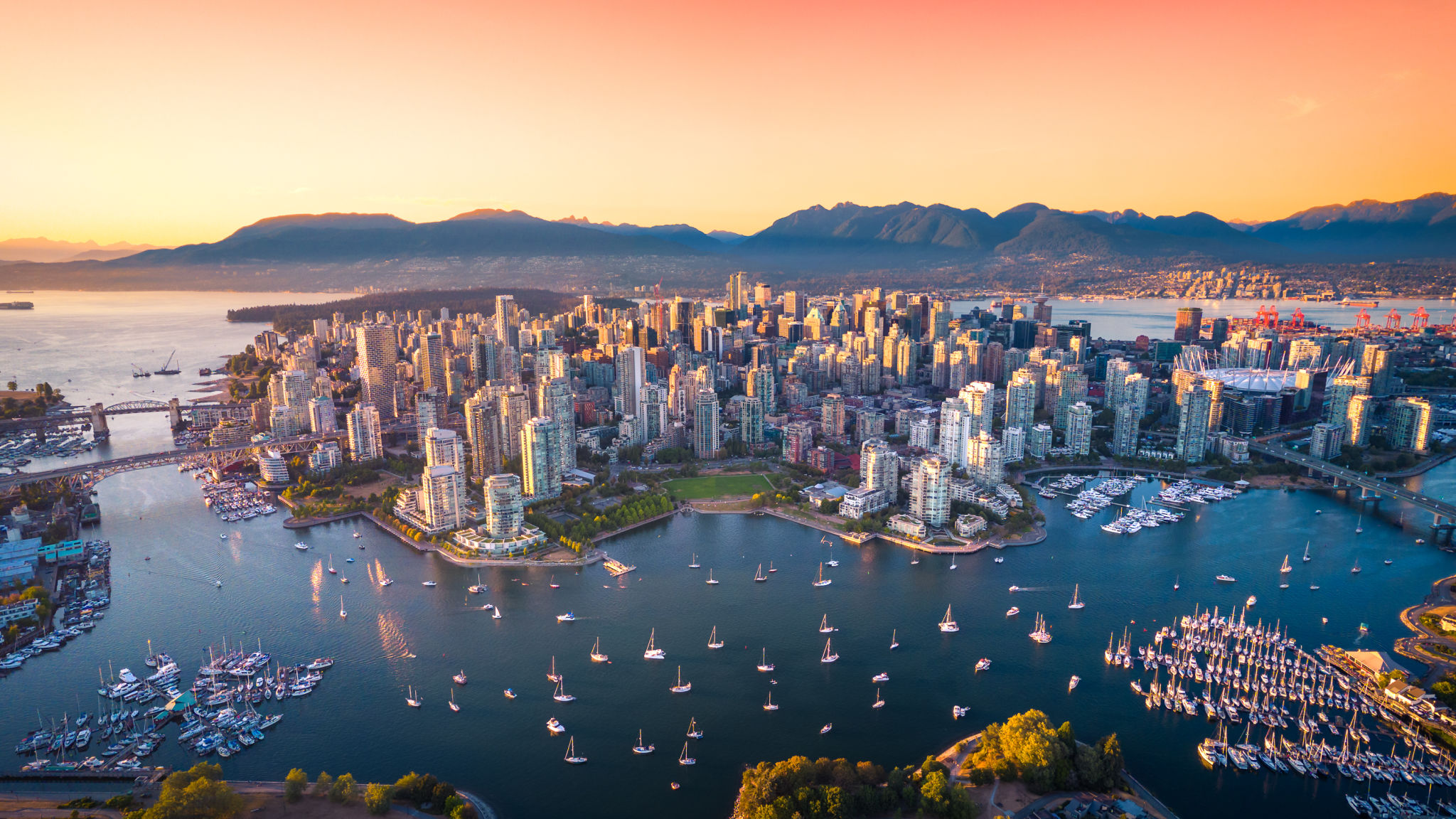Understanding the Environmental Impact of New Developments in Eko Atlantic
Introduction to Eko Atlantic
Eko Atlantic is a visionary new city being built on reclaimed land off the coast of Lagos, Nigeria. This ambitious development aims to address the dual challenges of urban overcrowding and rising sea levels. While its potential economic benefits are significant, understanding the environmental impact of such a large-scale project is crucial.
The project promises to become a hub for commerce, luxury living, and tourism, but it also raises questions about its ecological implications. In this post, we'll explore various aspects of the environmental impact of new developments in Eko Atlantic.

Coastal Reclamation and Its Consequences
A key feature of Eko Atlantic is its construction on reclaimed land. The process of land reclamation involves filling in water bodies to create new land. While this can be beneficial for urban expansion, it can also lead to significant environmental consequences.
Reclamation can disrupt marine ecosystems by altering natural water flows and destroying habitats. The loss of biodiversity is a major concern, as many species rely on coastal habitats for survival. Furthermore, changes in sediment patterns can affect local fisheries, which are vital for the livelihoods of many people in the region.
Impact on Marine Life
Marine life in the vicinity of Eko Atlantic faces several challenges due to construction activities. Increased human activity, noise pollution, and potential chemical spills are just a few factors that threaten aquatic ecosystems. The displacement of species and the destruction of breeding grounds can have long-term effects on biodiversity.

Efforts are being made to mitigate these impacts through environmental assessments and the implementation of protective measures. However, ongoing monitoring and adaptive management are essential to minimize harm and ensure sustainable development.
Climate Change Considerations
Eko Atlantic is touted as a climate-resilient city designed to withstand rising sea levels and extreme weather events. The development incorporates advanced engineering solutions, such as sea walls and drainage systems, to protect against flooding.
These measures are crucial in a region increasingly affected by climate change. However, the carbon footprint of constructing and maintaining such infrastructure should not be overlooked. Sustainable practices and technologies must be prioritized to reduce emissions and promote environmental stewardship.

Sustainable Urban Planning
Incorporating sustainability into urban planning is a central goal for Eko Atlantic. The city aims to use green building techniques, renewable energy sources, and efficient transportation systems to minimize its environmental impact.
The integration of green spaces and parks is another important aspect of sustainable planning. These areas not only provide recreational opportunities but also contribute to biodiversity conservation and improved air quality.
Conclusion
Eko Atlantic represents a bold step forward for urban development in Lagos, with potential economic and social benefits. However, understanding and addressing the environmental impact of such a large-scale project is essential for its long-term success.
Balancing development with ecological preservation requires careful planning, ongoing monitoring, and a commitment to sustainability. By prioritizing these elements, Eko Atlantic can serve as a model for future developments worldwide.